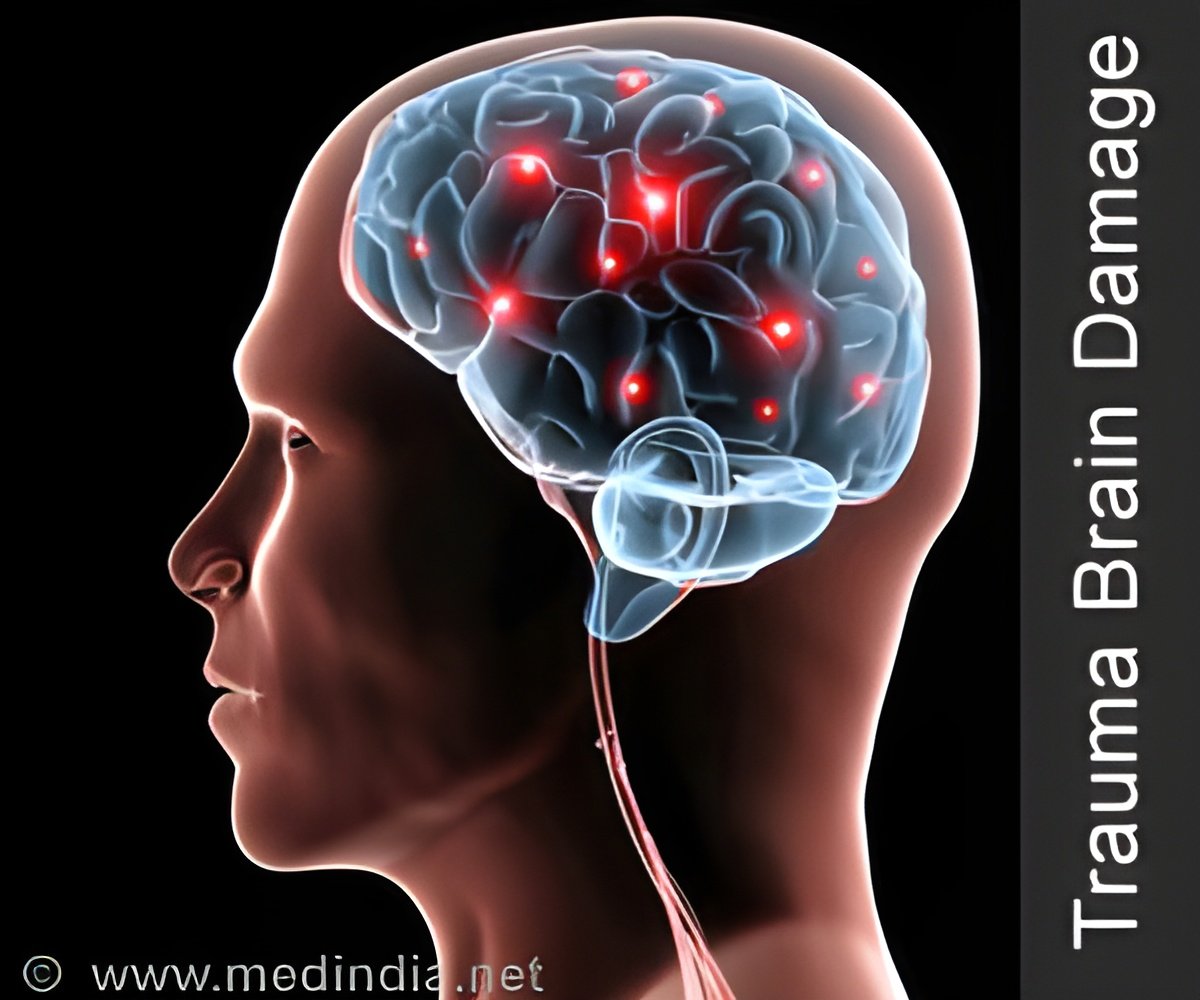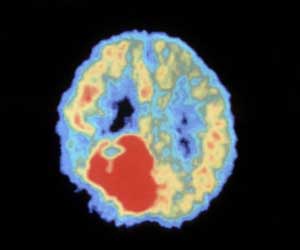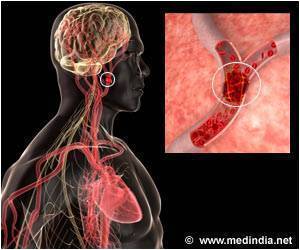Affecting approximately one in a thousand children in areas where malaria is common, cerebral malaria is a serious complication of infection with the malaria parasite.

Infection with the malaria parasite elicits a strong immune response in the patient, and it is known that both parasite and host response contribute to the nervous system problems in cerebral malaria. Lena Serghides, from the Toronto General Research Institute, Canada, and colleagues are interested in modulating the host response to malaria infection, in addition to anti-parasite drugs, with the goal to improve outcomes in patients.
They focused on a drug called rosiglitazone (approved for patients with diabetes) which activates a molecule called PPARɣ and is known to have anti-inflammatory and anti-oxidant properties. Using a mouse model of cerebral malaria, they show that when they give rosiglitazone in addition to antimalarial drugs at the onset of cerebral malaria symptoms, mice are more likely to survive, and the survivors which had received rosiglitazone did not show the brain abnormalities or cognitive defects seen in surviving mice that had only received antimalarial drugs.
When they compared both groups of mice at the molecular level, they found that rosiglitazone protects the integrity of the blood-brain-barrier and increases the level of anti-oxidant enzymes and of neuroprotective factors in the brain. One of the latter, called BDNF (for brain-derived neurotropic factor), was also increased in the blood of adult human patients with uncomplicated malaria who had participated in a clinical trial and received antimalarial drugs plus rosiglitazone, compared with other trial participants who had only taken antimalarials.
"Our results demonstrate that rosiglitazone adjunctive therapy resulted in increased survival and protection from long-term cognitive impairments in a mouse model of cerebral malaria", the authors say, "And the clinical trial data suggests that this approved drug, which has an excellent safety profile when taken for limited periods, might also induce such putative protective mechanisms in humans". They conclude that "in view of these results, testing rosiglitazone in patients with cerebral malaria is warranted."
Source-Eurekalert















